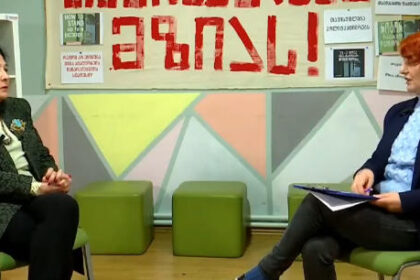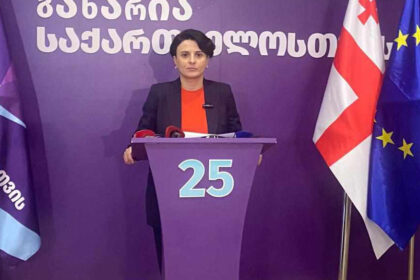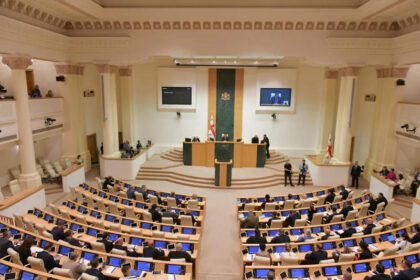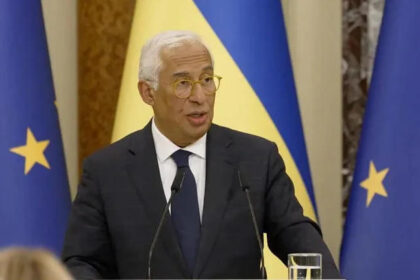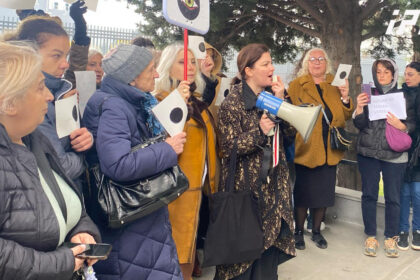**US Secretary of State Hints at Possible Action Against Georgian Government**
In a recent hearing in the US House of Representatives, US Secretary of State Marco Rubio hinted that the United States is considering taking action against the Georgian government. The move comes amid growing concerns about the government’s treatment of opposition parties and its increasingly authoritarian leanings.
During the hearing, Congressman Joe Wilson asked Rubio what the US planned to do to impose a “real cost” on the anti-American government, known as Georgian Dream. Rubio responded that he didn’t have any specific announcements to make, but said that the issue was being considered. He stated that the US would look at whether it’s in their national interest to have an anti-American government governing a key part of the world.
**What Does this Mean for Georgia?**
Rubio’s comments suggest that the US is taking a closer look at the Georgian government and considering ways to hold them accountable. While he didn’t specify what actions might be taken, his language implies that the US is looking at imposing costs on the government. This could include diplomatic pressure, economic sanctions, or other measures.
The US has historically been a strong supporter of Georgia’s democracy and sovereignty. The country has been a key partner in the region, and the US has provided significant financial and military aid to help Georgia modernize its armed forces.
**What Does this Mean for the Region?**
Rubio’s comments have implications beyond just Georgia. His mention of regional bureaus and local offices on the ground suggests that the US is looking at how other countries in the region might be affected by any potential actions taken against Georgia.
The Caucasus region has been a hotbed of tension, with Russia exerting significant influence over neighboring Armenia and Azerbaijan. The situation in Ukraine has also had a major impact on the region. Any moves by the US to take action against Georgian Dream could have far-reaching consequences for regional stability.
Read More @ www.interpressnews.ge






